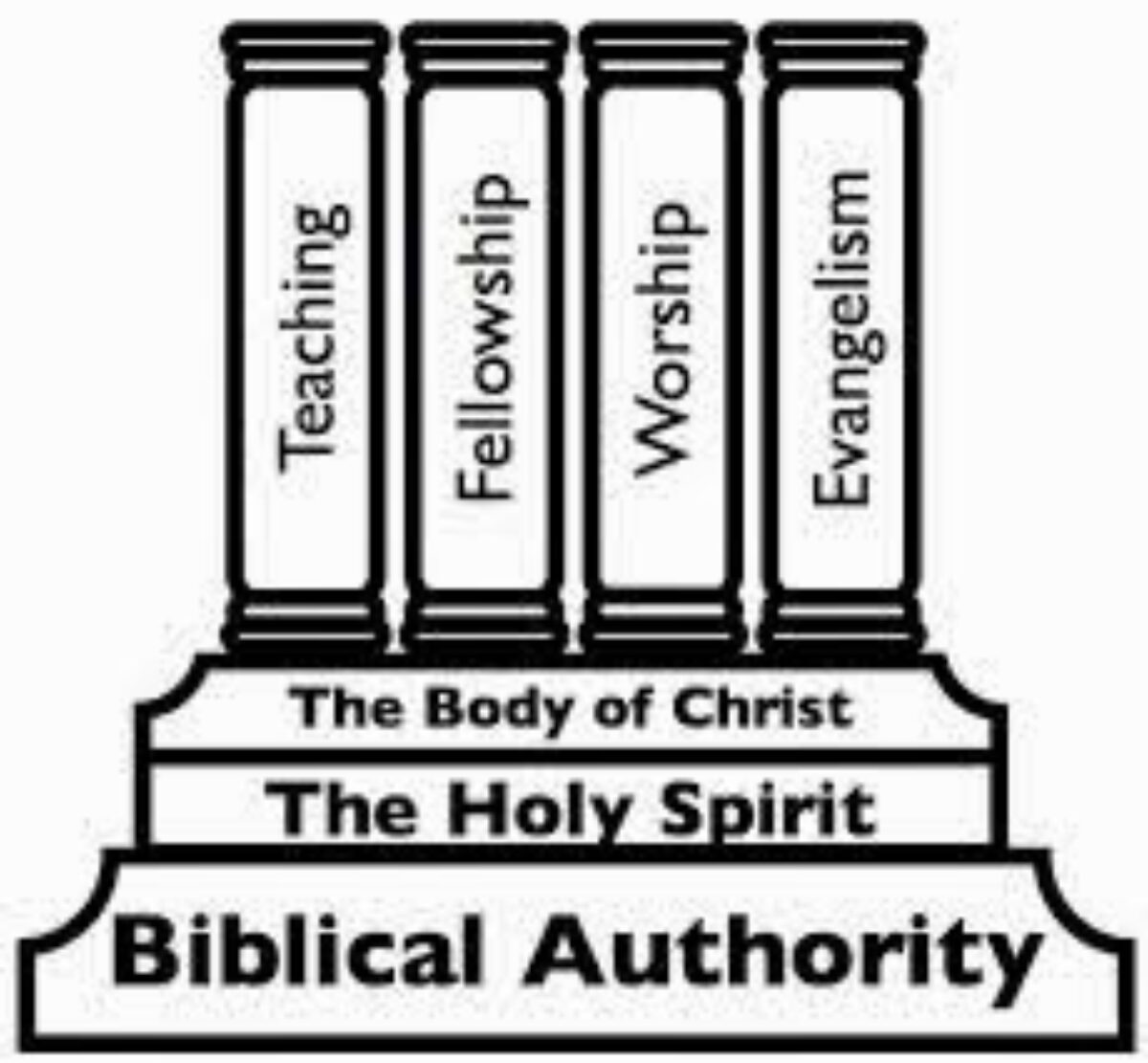The term “Renaissance man” often evokes images of towering figures like Leonardo da Vinci, Michelangelo, and Galileo—men of diverse talents and interests who reshaped the world with their contributions. But what does it mean to be a Renaissance man today, and how can we, as Christians, reflect on this idea through the lens of our faith?
The Renaissance: A Time of Flourishing:
The Renaissance, spanning roughly from the 14th to the 17th century, was a period of immense cultural, artistic, and intellectual revival. It was marked by a rediscovery of classical knowledge, the flourishing of the arts, and the rise of humanism, which emphasized the value and potential of human beings. For many, it was a time of great optimism and intellectual freedom—a moment when the pursuit of knowledge and beauty seemed limitless.
The Renaissance was also a time when God’s creation was appreciated in new and profound ways. Artists, philosophers, and scientists sought to understand the world not only as a work of art but also as a reflection of the Divine order. The human body, for instance, was revered not just as a vessel but also as a manifestation of God’s handiwork, leading to masterpieces in art that captured both the physical beauty and spiritual depth of mankind. The quest for knowledge was seen as a way to honor the CREATOR.
To be a Renaissance man in the modern world doesn’t mean we must master the arts, sciences, and philosophy as the greats of the past did. Instead, it means striving for a well-rounded life, where intellectual curiosity, creativity, and spiritual growth are prioritized. It’s about embracing the full spectrum of human experience and seeing every field of study and pursuit as an opportunity to honor God.
As a Christian, a Renaissance man embodies the belief that all truth is God’s truth. Whether delving into the sciences, writing a poem, or engaging in acts of service, every aspect of life can point back to the CREATOR. The Renaissance man is not just one who seeks knowledge for personal gain but someone who seeks to use their gifts for the greater good—fostering beauty, truth, and goodness in the world.
A modern Renaissance man understands that their relationship with God is central to identity. This doesn’t mean he must be perfect or have all the answers; rather, it means that in all things, he strives to seek wisdom, balance, and purpose. He recognizes that faith and reason, intellect and creativity, are not at odds but are deeply intertwined. Just as the Renaissance thinkers and artists sought the Divine in their work, so too does the Christian Renaissance man look for God’s presence in the world around him.
In many ways, today’s world has the potential to be a new kind of Renaissance. We have access to vast amounts of knowledge, creativity, and resources like never before. The digital age has allowed for unparalleled collaboration and innovation, much like the intellectual networks that flourished in the Renaissance era. The tools for artistic expression and scientific discovery are at our fingertips. But is this enough to call it a new Renaissance?
One challenge of our time is that, unlike the Renaissance, we live in a fragmented society where secularism often sidelines the spiritual. While the Renaissance was marked by an integration of faith and reason, the modern world sometimes places these things in opposition. Losing sight of the larger, Divine purpose behind human flourishing.
The call is clear: to embrace the fullness of our God-given potential and, in doing so, make the world a more beautiful, thoughtful, and faithful place.
In the end, the true Renaissance man is not defined by the breadth of his achievements, but by the depth of his devotion—to truth, to beauty, and ultimately, to God. We are called to be more than specialists or spectators; we are called to be faithful stewards of every gift God has given us. Whether in art, science, service, or thought, let us pursue excellence not for our own glory, but to reflect the ONE who created all things.


